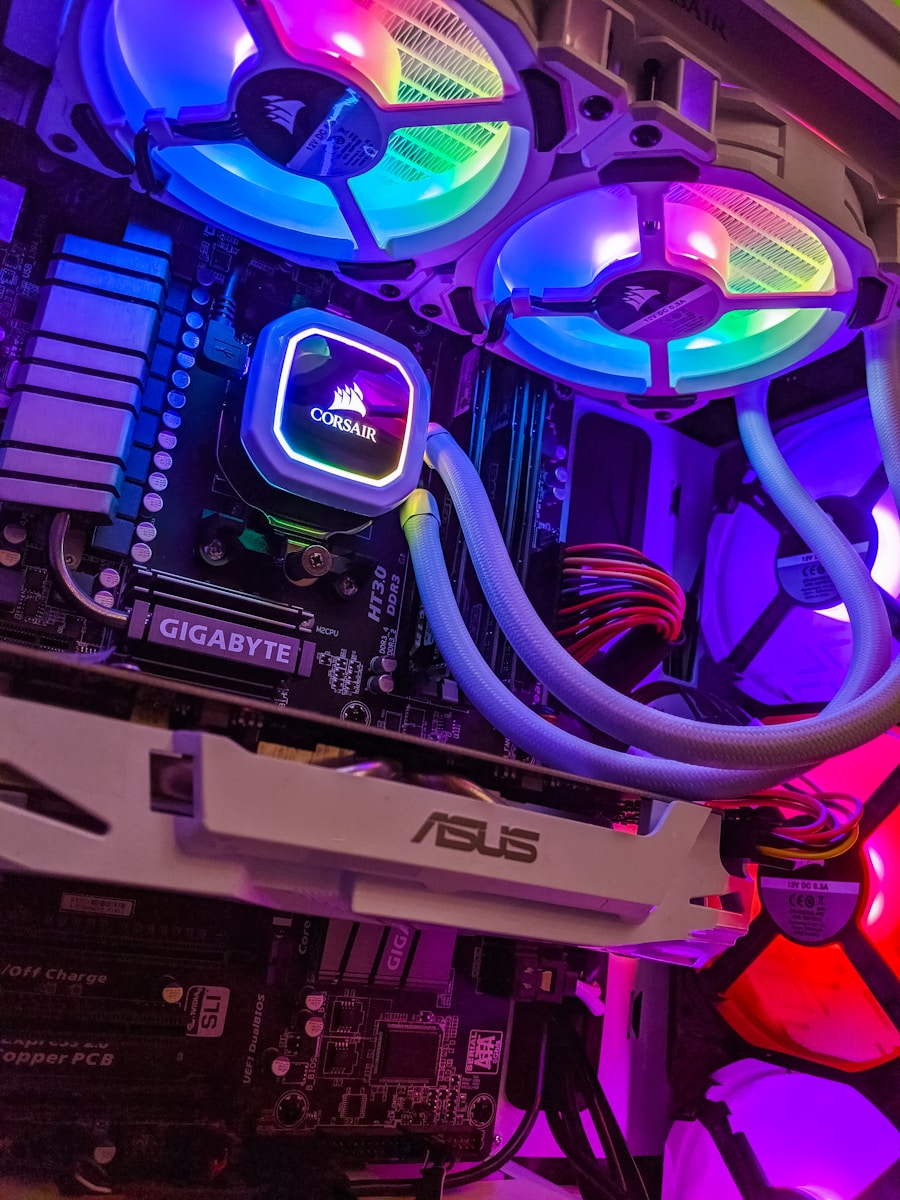Mapex Tornado 5pc Drum Set
With my recent move to an extraordinary commercial recording space, I was finally able to start recording acoustic drums (without the neighbours complaining). Before purchasing my Mapex Tornado, I was recording drums using my MIDI/USB keyboard controller. I couldn’t stand the limitations anymore, so that’s why I decided to purchase what I found to be the best acoustic drum kit for home recording.
4.5
The Beyerdynamic DT770 PROs are the best headphones I’ve used to date!
Of course, I’m speaking from the point-of-view of a professional music producer that also mixes and masters his own music. The DT770 PROs are VERY ACCURATE.
They’re also INCREDIBLY COMFORTABLE.
And the best part? They’re actually relatively affordable.
I personally guarantee that you won’t find a better pair of headphones (besides the Beyerdynamic DT990 PROs) in this price range.
So, if you’re looking for an excellent pair of closed back headphones for music production, mixing and mastering… You’ll definitely want to keep reading.
Let’s start by talking about what I like about the DT770 PROs…
- What I like about the Beyerdynamic DT770 PROs
- What I DON’T like about the Beyerdynamic DT770 PROs
- WHO do I recommend the Beyerdynamic DT770 PROs to?
- Frequently Asked Questions (FAQ): Beyerdynamic DT770 PRO
- Summary: Beyerdynamic DT770 PRO Review
What I like about the Beyerdynamic DT770 PROs
So, the TWO things I like the most about the Beyerdynamic DT770 PROs are the extremely accurate frequency response and soundstage.
If you’re not familiar with the term “soundstage”, it basically refers to the headphone’s ability to reproduce the sound of a room/space.
In the case of the DT770 PROs, they actually sound pretty close to open back headphones.
The frequency response is debatable and it also depends on the specific model you choose. The DT770 PROs come in different impedances (32, 80 and 250-ohm).
I personally use the 250-ohm version and let me tell you, the high-end is VERY accurate. It won’t be as good with the 32-ohm version though.
However, all the versions of the Beyerdynamic DT770 PROs can produce sub-bass frequencies.
Up to 30 Hz to be more specific.
That being said, I really like the fact that I can rely on the DT770 PROs to create accurate mixes and masters. It’s the first pair I can count on 99%.
Lastly, another one of my favourite features of these headphones is the COMFORT.
They’re literally like “slippers” for your ears.
What I DON’T like about the Beyerdynamic DT770 PROs
To be honest, there isn’t much I want to say against the Beyerdynamic DT770 PROs.
It’s inconvenient that the cable isn’t detachable, so that could potentially reduce the lifespan of your headphones.
Other than that, I just don’t recommend the 32-ohm version.
I think the 80/250-ohm version of the DT770 PROs provide the best sound quality and performance so make sure to check before purchasing!
WHO do I recommend the Beyerdynamic DT770 PROs to?
It’s pretty simple, I recommend the Beyerdynamic DT770 PROs to music producers and mixing and mastering engineers.
I’d even recommend them to session musicians/recording artists.
I already explained why these are the perfect headphones for music production, mixing and mastering. However, I forgot to mention that the DT770 PROs also have EXCELLENT sound isolation.
In fact, I think it’s a little better than the Sennheiser HD 280 PROs.
However, I don’t recommend bringing the Beyerdynamic DT770 PROs into the field with you.
Keep them in the studio and they’ll have a long and happy life!
Frequently Asked Questions (FAQ): Beyerdynamic DT770 PRO
Here are some of the questions I often get about the Beyerdynamic DT770 PROs…
Is the Beyerdynamic DT770 PRO better in 32, 80 or 250 ohm?
It’s better at 250-ohm. It depends on the specific model of headphones, but I personally think that the 250-ohm model is the best version of the Beyerdynamic DT770 PROs.
The high frequencies may sound harsher, but they’re more accurate.
Where are the Beyerdynamic DT770 PROs made?
The Beyerdynamic DT770 PROs are made in Germany.
What’s the difference between the Beyerdynamic DT770 PROs and DT990 PROs?
The Beyerdynamic DT770 PROs are closed back headphones and the DT990 PROs are open back headphones. That’s essentially the only difference.
The Beyerdynamic DT990 PROs have a better soundstage because of that.
Do you need a headphone amplifier for the Beyerdynamic DT770 PROs?
NO. Even the 250-ohm version works fine without a headphone amplifier on most devices. I’ve used it with my smartphone (Samsung A5) and with my Universal Audio Arrow.
Summary: Beyerdynamic DT770 PRO Review
So there you have it, that’s why I personally work with the Beyerdynamic DT770 PROs.
I’m sure that there are “better” headphones out there, but at this price… I don’t think you’ll find anything this precise and luxurious.
That’s especially true if you go with the 250-ohm model.
If you’re debating between the DT770 PROs and the DT990 PROs, I’d personally go with the DT770s first. They’re more versatile since you can still use them to record.
Remember, open back headphones may have a better soundstage, but you can’t record with open back headphones (because of microphone bleed).
In the case of the DT770 PROs, they sound pretty “open” even though they’re closed.
If you want the best of both worlds though, GET BOTH!
Do you have any questions about the Beyerdynamic DT770 PROs? Let us know in the comments and feel free to share your thoughts as well.
I also invite you to join our Discord server and to support us on Patreon if you enjoy the content. Thanks for reading!
Sources




